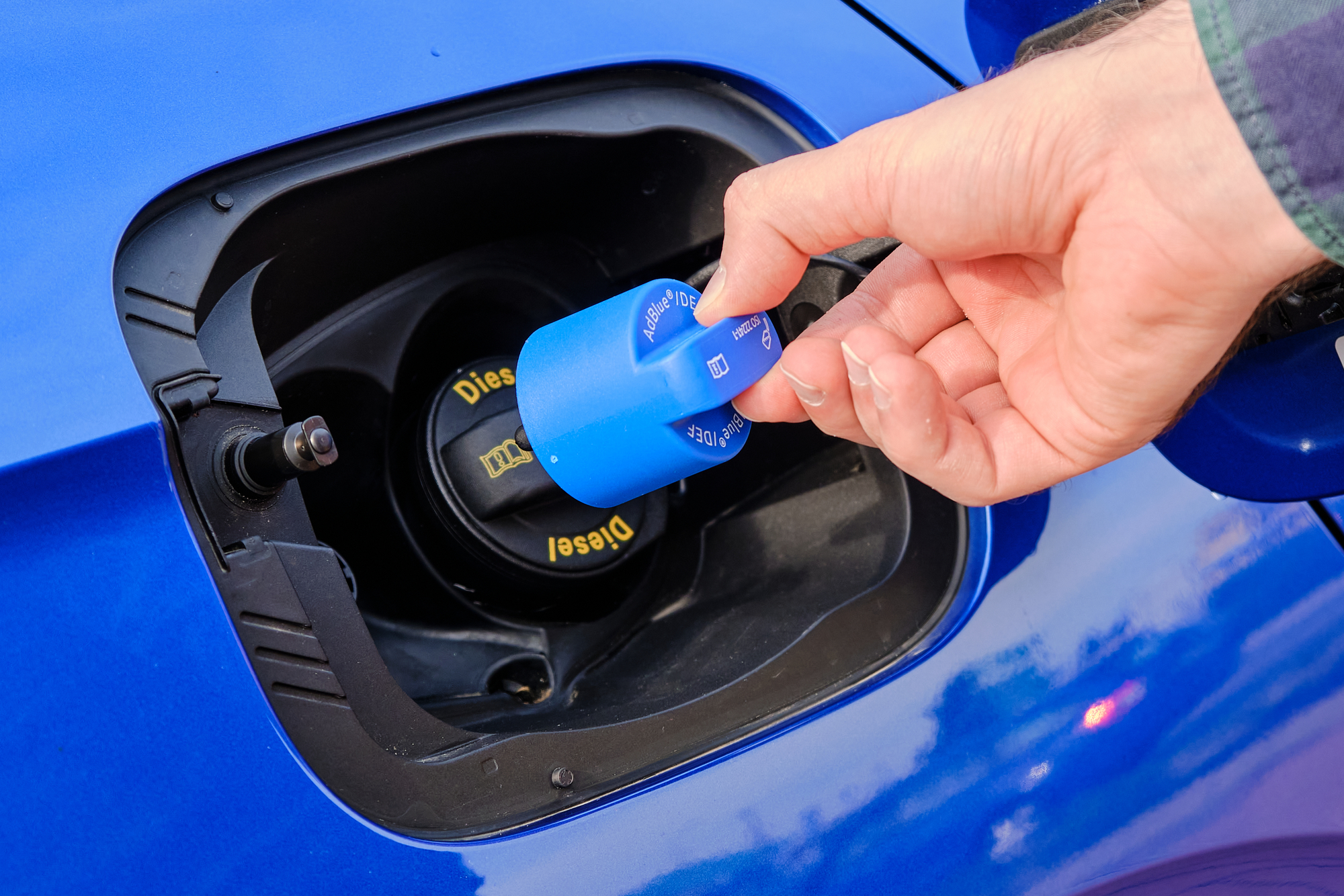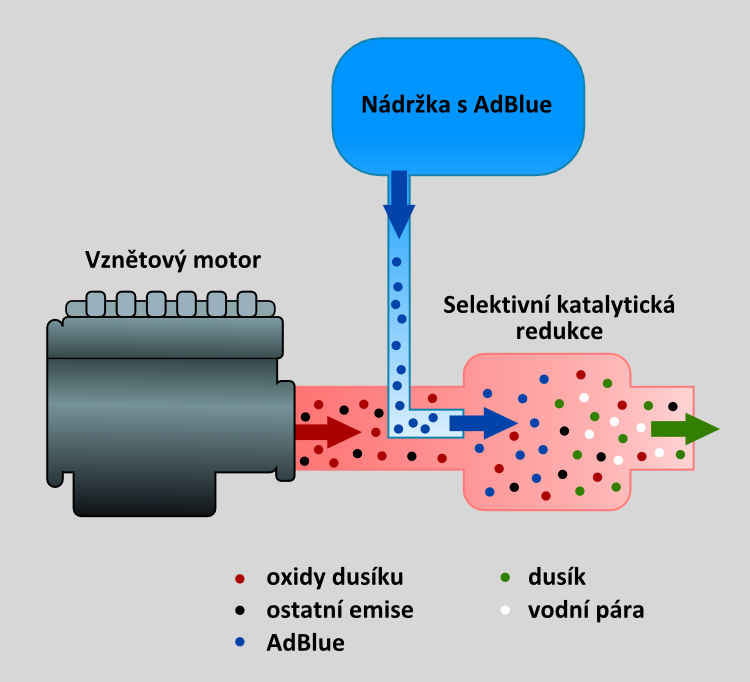BetaLexikon: AdBlue®
Currently, ecology in transport is a widely discussed topic, mainly because of the ever-increasing number of cars. Although new ecological measures are being introduced in transport, it is not possible to reduce the amount of nitrogen oxide emissions that are generated by long-term diesel and gasoline combustion.

Undoubtedly, one of the most significant air polluters is freight transport, which is why the world is putting more and more emphasis on the introduction of new ecological technologies in this area. Trucks are increasingly more often equipped with a system for the use of the AdBlue® additive, which very significantly reduces the amount of nitrogen oxide in the exhaust gases.
AdBlue® additive is a colourless 32.5% aqueous solution of urea, which has been developed specifically for the treatment of exhaust gases produced during the operation of vehicles with diesel engines (combustion of diesel) so that (in particular) trucks complied with emission standards EURO 4, EURO 5 and EURO 6.
Cars have a separate tank for AdBlue®, from which AdBlue® is automatically injected into the exhaust gas before the catalytic converter, and with the help of selective catalytic reduction, it decomposes nitrogen oxides into water vapour and nitrogen, i.e. normal and harmless components of the air.

AdBlue® advantages:
- significant reduction in harmful emissions,
- reduction in the amount of solid particles in emissions,
- one of the means to meet strict emission standards,
- reduction in diesel consumption (up to 7%),
- availability at regular gas stations at dispensers or in canisters,
- does not reduce engine performance,
- meeting stricter emission standards has an effect on the price of tolls in some countries, including the Czech Republic.
AdBlue® disadvantages:
- it changes consistency at low temperatures, solidifies already at -11 °C → it is therefore advisable to place the AdBlue tank in the car where the temperature does not drop below -11 °C. If the AdBlue does freeze due to the vehicle not being used, the SRC heating system thaws it back into a liquid;
- it is highly corrosive to some non-ferrous metals – e.g. copper;
- when the AdBlue is completely used up, the car goes into emergency mode with low power, some types of vehicles cannot even be started at all.
Source of photographs: Beta Control, Depositphotos.com
Sources: www.caradvice.com, www.mobede.de, www.greenchem-adblue.cz, www.shell.cz, www.kontaktoil.cz, www.wikipedia.org